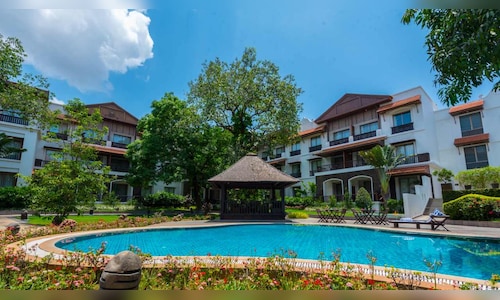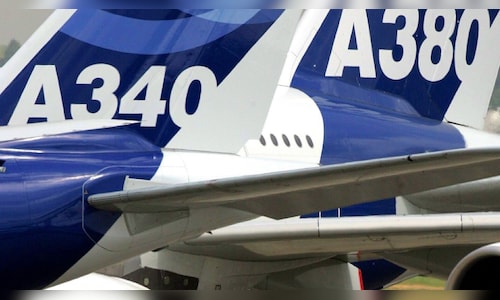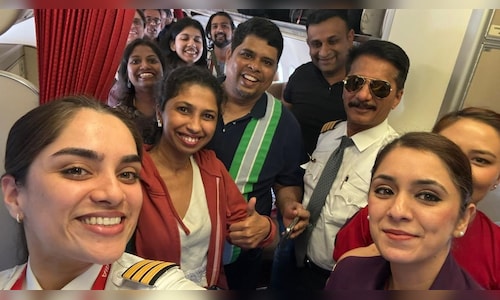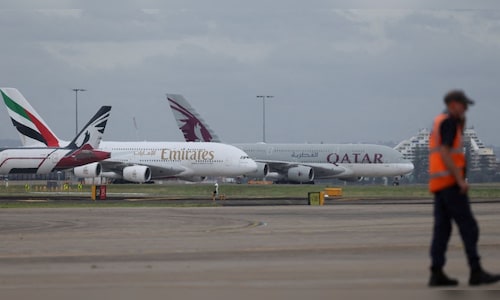What does liability insurance mean?
Liability insurance helps a hospitality business cover costs if it is held legally responsible for injury, damage, or loss.
“For hospitality businesses in India, the most relevant types of liability insurance typically include a mix of legal liability, customer safety, and operational risk coverage,” said Gautam B Boda, Group Vice Chairman of JB Boda Group.
Key types of liability insurance in hospitality
Public liability insurance: Protects against third-party injury, property damage, or death occurring on the premises.
Example: A guest slipping on a wet floor or a falling décor injuring someone.
Boda noted that this can even extend to liability from small expansion projects or from fuel stored on-site for power generation.
Product liability insurance
Covers harm caused by products served, such as contaminated food or beverages.
“It is recommended that food contamination and product recall expenses are also covered under this policy,” added Boda.
Commercial general liability (CGL) insurance
Combines public and product liability and sometimes advertising liability.
“Accidents like bodily injury, property damage, and even food poisoning can happen anytime. CGL ensures that the hotel is financially protected while keeping the brand reputation safe,” explained Evaa Saiwal, Head of Liability & Cyber Insurance at Policybazaar for Business.
Employer’s liability/workers’ compensation insurance
Required under the Employees’ Compensation Act, 1923.
Saiwal said this cover is critical as “hotels rely heavily on staff in kitchens, housekeeping, and maintenance, and this ensures employers can provide compensation without facing financial strain.”
Professional indemnity insurance
Covers claims from professional errors, such as mismanagement of an event or wrong advice from staff.
Liquor liability insurance (where applicable)
Relevant for properties serving alcohol, protecting them if intoxicated guests cause harm.
Cyber liability insurance
Protects against data breaches, ransomware, and cyberattacks.
“Hotels majorly operate on digital platforms and a cyberattack or customer data breach can lead to massive financial and reputational damage,” said Saiwal.
Directors & officers (D&O) liability insurance
Shields management from personal liability over business decisions or alleged mismanagement.
Event liability insurance
Short-term cover for weddings, conferences, or corporate events.
Example: An accident at a corporate offsite or property damage during a large function.
How are premiums calculated?
Insurers factor in property type, size, business turnover, occupancy, facilities, and past claims to determine premiums. Saiwal noted that “the presence of swimming pools, banquet halls, or bars can raise premiums, as these increase risk exposure.”
Boda added that in India, premiums are paid upfront and adjusted later based on actual turnover and payroll.
Most liability policies include a ‘duty to defend’ clause, where insurers assist businesses in responding to liability notices.
Guest expectations and risk coverage
Risk management is increasingly shaped by guest expectations.
Tarun Gulati, Director, Ganga Kinare Resorts & Hotels, observed, “Guests now place a strong emphasis on safety, transparency, and accountability. Properties ensure that liability, health, and even digital risks are addressed so that guests feel protected at every stage of their stay.”
He further explained that “luxury hotels, with high-value clientele, typically require broader liability coverage, while budget hotels focus on essential risks like fire or basic liability.”
ALSO READ | Brigade Hotel plans nine new properties, doubling key count to 3,300 by FY30
Saba Dhanani, Director of Marketing, Communication & Operation, Sayaji Hotels, said operational preparedness works hand-in-hand with insurance cover. “We conduct fire safety drills, regular food safety checks, and proactive guest communication on safety measures. Reputation protection comes from both effective coverage and swift resolution of guest concerns,” she said.
Dhanani added that Sayaji Hotels views liability insurance as part of a larger trust-building exercise with guests. “Today, guests expect transparency, clarity in safety processes, and assurance that their well-being is prioritised. Having the right liability coverage gives confidence not only to us as hoteliers but also to our guests.”
Post-pandemic claim trends
Liability claims have shifted since the pandemic.
Boda noted that the surge in “revenge tourism,” coupled with revived hospitality projects, has increased exposure across the sector.
He also pointed to overseas travel as a growing area of risk for Indian hotels.
Saiwal added that “cyber risks have become a growing concern, with hotels and global vendors facing data breaches and show-cause notices since 2023.”
At the same time, traditional risks such as fires remain frequent, particularly in crowded urban centres.






